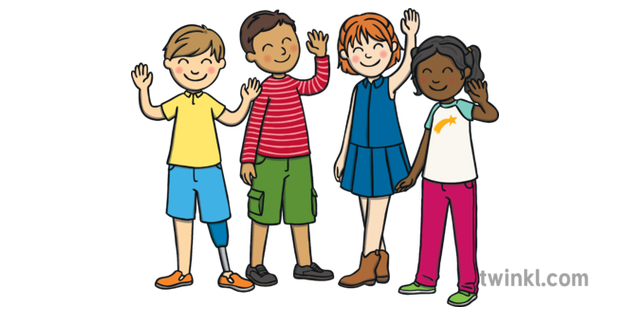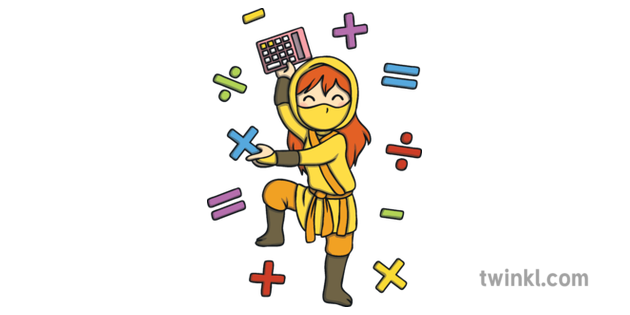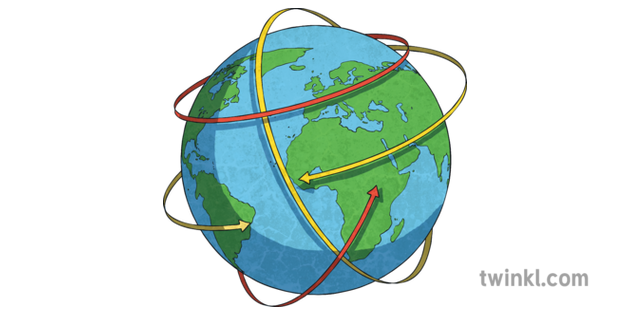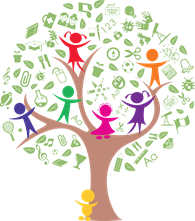KS1-Key Stage 1
What is KS1?
Key Stage 1 (KS1) is the first key stage of primary school, a phase of education for 5-7-year-old children in England. In Ireland, KS1 is for 6-8-year-old children.
As outlined by the national curriculum, primary education is divided into key stages (KS). In primary school, EYFS is the first phase, then KS1, then KS2.
Year 1 and Year 2 make up KS1.

What will children be taught in KS1?
KS1 marks a shift from EYFS to more subject-specific learning. KS1 covers all compulsory national curriculum subjects. These are English, maths, science, history, geography, computing, languages, PE, art and design, music and design and technology.
The DfE state that within the national framework KS1:
Provides an outline of core knowledge around which teachers can develop exciting and stimulating lessons to promote the development of pupils' knowledge, understanding and skills as part of the wider school curriculum.
KS1 English Curriculum
The national curriculum establishes English and literacy as a core KS1 subject. An understanding of the English language is central to developing an understanding in all national curriculum subjects. Here, reading, writing and spoken language are divided into different areas of study, these are:
- Writing composition
- Spelling
- Vocabulary, grammar, punctuation
- Reading
- Phonics
- Story resources
- Spoken language and listening
Simply click on the subject area to access our range of KS1 English and literacy resources, all in line with the national curriculum.
KS1 Maths Curriculum
At KS1, the national curriculum states children should begin to understand mathematical language, understand the fundamentals and begin to solve problems by applying this knowledge. The focus at KS1 is for children to be able to recognise, describe, draw, compare and sort numbers. The areas of maths studied at KS1 are:
- Number and place value
- Addition and subtraction
- Multiplication and division
- Fractions
- Measurement
- Properties of shapes

KS1 Science Curriculum
The focus of science in the KS1 national framework is to allow children to observe scientific phenomena. Engaging their curiosity and encouraging them to ask more questions about the world around them. At KS1 children are expected to develop a basic understanding of working scientifically, meaning they will begin to use scientific methods and skills. The areas of science covered in KS1 are:
- Seasonal changes
- Animals including humans
- Everyday materials
- Living things and their habitats
- Plants
These areas of scientific study should form a solid basis of scientific understanding to be developed throughout a child's primary and secondary education. Observation is central to science at KS1, children should be able to perform simple tests and communicate their observations to their teacher and peers.
KS1 History Curriculum
At KS1, children should begin to develop an awareness of the past, becoming aware of different time periods. The national curriculum states children at KS1 should begin to identify similarities and differences between time periods and within a chronological framework. There is freedom within the national curriculum to teach local history and different topics as long as they support the teaching of changes in living memory, significant national events and the lives of significant individuals.
KS1 Geography Curriculum
KS1 geography focuses on developing a child's understanding of the world, the United Kingdom and their locality. The national curriculum states that at KS1, children should begin to understanding subject-specific vocabulary and begin to use geographical skills. Geography topics taught at KS1 are:
Locational knowledge covers towns and cities, place knowledge covers different ecosystems around the world and human and physical geography covers climate, transport, the water cycle, rocks, rivers, weather and seasons and volcanoes and mountains.

Children are also taught Music, Art and DT, PHSE, RSE and Computing.
How will children be tested in Key Stage 1?
At the end of each key stage in primary school, children are tested on what they have learned through assessments, known as SATs exams. The KS1 SATs consist of English and Maths tests which take place at the end of Year 2. In each test, children are expected to achieve at least the National Standard.
KS1 Maths SATs
The Maths exams are divided into two papers, the arithmetic and reasoning papers. The arithmetic paper focuses on a child's ability to perform mental maths and solve calculations. The reasoning paper, on the other hand, requires children to apply their maths knowledge to real-life scenarios. The questions in this paper tend to be longer, worded questions.
KS1 English SATs
The English SATs are also split into two papers: a reading assessment and a spelling, punctuation and grammar assessment.
The reading paper will consist of a booklet with extracts from texts (these could be fiction, non-fiction or poetry) and children will have to answer questions on what they've read.
The spelling, punctuation and grammar test will ask children a series of questions on topics they've covered in KS1 English lessons. Questions on this paper might include underlining/ highlighting the correct word, filling in a missing word or identifying a grammatical feature.
If you'd like to learn about what's in store when your child makes the move to year three, then you might want to read this KS2 wiki page.
Phonics Screening for Parents
Phonics screening check: information for parents - GOV.UKGuidance-for-Parents-The-Phonics-Screening-Check.pdfUseful Websites.
/docs/Useful_Wesites_for_KS1.docx
Recommended Reads.
/docs/Recommended_reads_KS1.doc
Year 1 recommended reads:
https://www.thereaderteacher.com/year1
Year 2 recommended reads:
 Wood Lane Primary School
Wood Lane Primary School